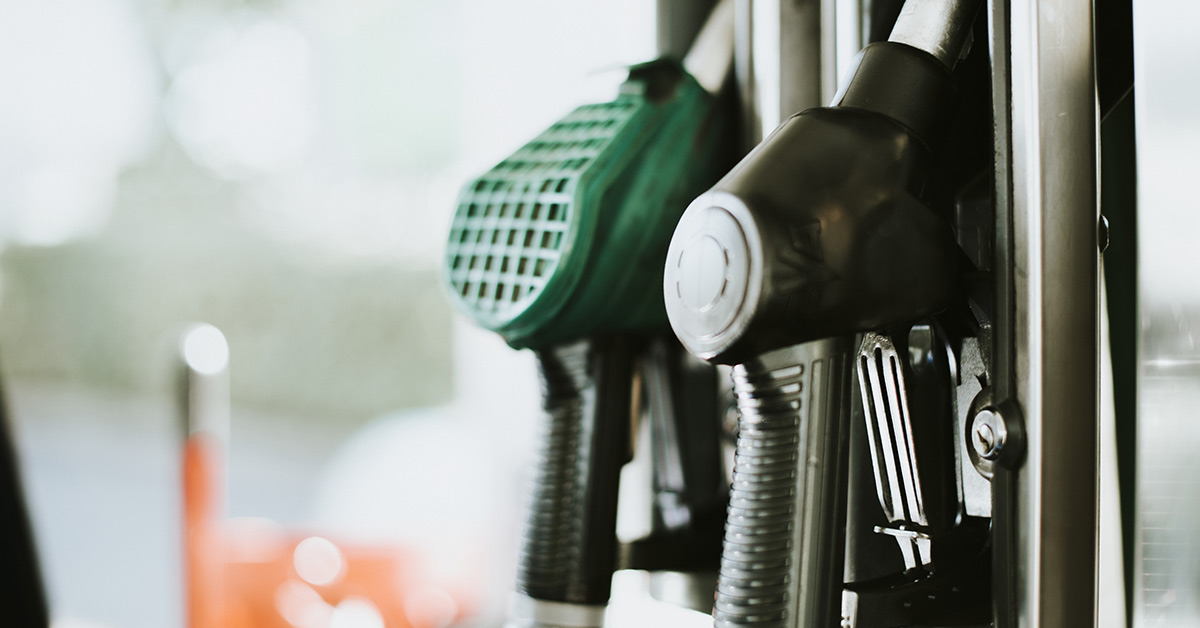Discover the three most harmful consequences of fuel theft, on the economy, the environment, and consumers.

Fuel theft is not a new phenomenon. In some parts of the globe the problem is deeply rooted and therefore, has many negative consequences, ranging from immediate effects related to the methods used by traffickers to divert fuel, to long-term devastating impact on the environment or the economic development of a country.
In this article we have summed up the three most harmful consequences of fuel theft for governments, consumers and the environment.
The first and probably the most immediate consequence is the significant loss of revenues for governments. As an example, “the EU loses more than US$4 billion yearly in tax revenue to fuel fraud”1.
Not all the countries face the same issues, however. For instance, in oil producing countries such as Saudi Arabia or Mexico, domestic consumption of fuel is often subsidised. These measures keep prices for consumers below market levels but comes at cost for governments. As a result, illegal export to neighbouring countries of fuel subsidies intended for domestic market increases public expenses.
Other countries see their market flooded with smuggled and/or adulterated fuel. It has been estimated that these illicit activities cost as much as $750 million a year in lost tax revenue to the Philippines.2
Governments and the oil industry are investing heavily to protect the environment and counterbalance the impact of greenhouse gas emissions. On many aspects, illegal trade curbs these measures.
Illicit pipeline taping or ship transfers are methods used to divert oil, and often cause oil spills and explosion which leads to brutal negative impacts on soil or water pollution. The Niger Delta is one of the most polluted areas of the world due to major oil spills. According to Amnesty International, between 2011 and 2017, oil spills due to sabotage and theft represented 21.7million litres of oil (figures declared by Shell and Eni)3.
Discover our infographic to better understand fuel theft in Africa
Additionally, fuel adulteration, which is the process of mixing fuel with other additives to then be sold at full price, is also known for having damaging impact on the environment. The introduction of uncontrolled substances in fuel leads to the emission of polluting elements, hence worsening the air quality.
While consumers are not involved at any stage of the supply chain, they are not spared by fuel fraud and can be impacted at two levels. First through air pollution as mentioned above, and then directly when filling up their gas tank. Indeed, adulterated fuels has also an impact on the quality of the fuel. For example, mixing gasoline with kerosene can leave harmful deposits in engines and eventually cause premature vehicle obsolescence. Often, drivers are not even aware that they have purchased adulterated fuel but quickly notice issues with their vehicle.
Many countries all over the world are using fuel marking technologies to hinder this problem.
Our fuel integrity programmes provide an effective response to theft, smuggling or adulteration of petroleum products. Thanks to an advanced technology we help governments and oil companies protect their revenues, consumers and the environment.
For more insights about fuel marking check our infographic or contact us at info@fastfuels.co.za
Copyright © 2023 Fast Racing Fuels